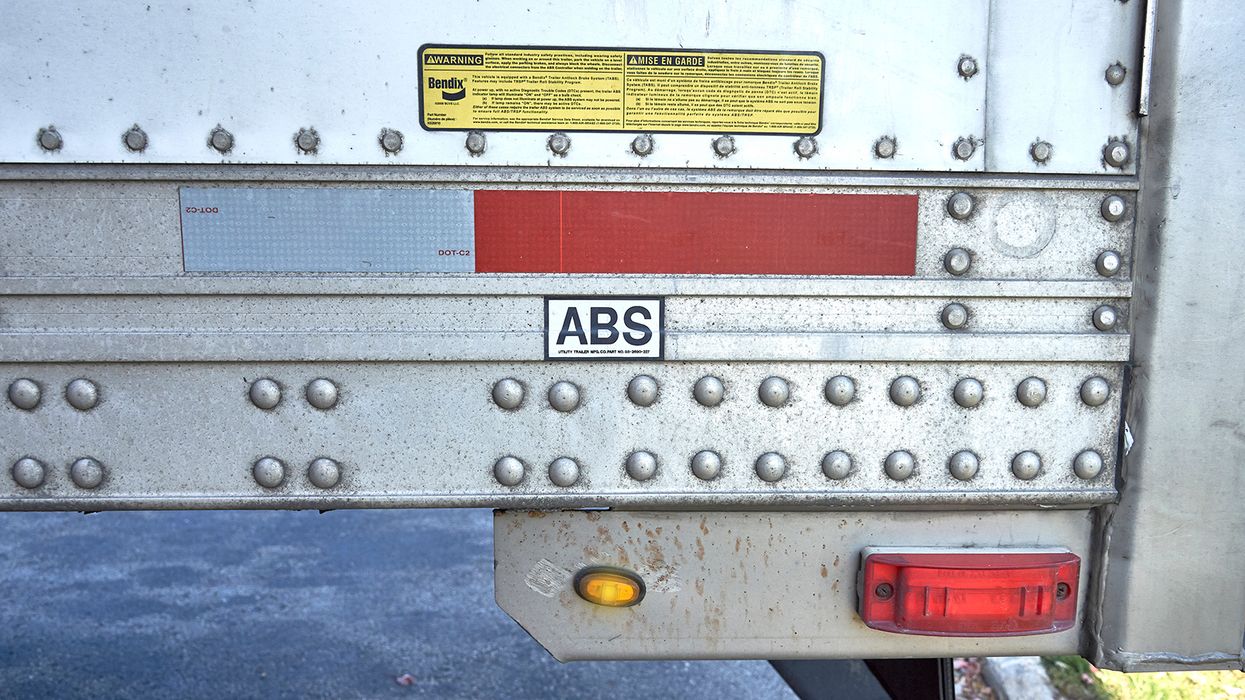Is a vehicle mileage tax coming?
I recently attended a webinar with speaker Dan Murray, Senior Vice President of the American Transportation Research Institute (ATRI). He discussed the findings of ATRI’s new report, “A Practical Analysis of a National VMT Tax System,” which laid out the pros and cons of a national vehicle mileage tax (VMT) system.
Not long after President Biden took office in January, Pete Buttigieg was sworn in as the new Secretary of Transportation. As part of its early initiatives, the administration talked about bolstering transportation infrastructure, which included the suggestion of a VMT to help shore up depleted highway trust fund revenues. With the emergence of more fuel-efficient vehicles and the continuing impact of electric vehicles, fuel-tax revenues have declined to a point where the trust fund will be $138 billion in the negative over the next 10 years.
But, when the Biden administration proposed its infrastructure plan, a VMT program was absent from the plan, and VMT talk has (for now) all but disappeared.
Murray pointed out that many presume we need a new system to replace the International Fuel Tax Agreement (IFTA). However, that may not be true. Other options may be available, and the simplest, according to Murray, would be to raise the federal fuel tax. The tax has not been raised since 1993, and a phased-in approach could raise the tax over a period of years.
Another factor to consider is how the miles would be tracked. Most VMT supporters point to using a GPS unit to track vehicle miles. But, with the program including an increase from 270 businesses (current IFTA enrollees) to 270 million payers under a national VMT, administering such a program would be expensive and could pose many challenges.
According to Murray, it will take at least five years of continued analysis of costs, management, technology, and cybersecurity before a feasible option can be suggested.
We’ll keep an eye on the topic of a VMT and keep you updated as developments happen.
























































